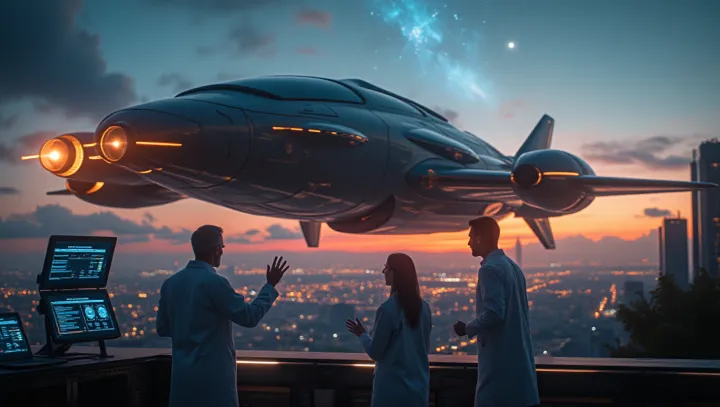Breaking the Cosmic Speed Barrier

In the ever-expanding universe, the speed of light has long been considered the ultimate speed limit. A seminal constant denoted as approximately 299,792 kilometers per second, it serves as a keystone in the realms of Einstein's theory of relativity and modern physics. Recently, at a symposium held at the Massachusetts Institute of Technology, prominent physicists addressed a tantalizing question: could anything travel faster than light.
Among the speakers was Dr. Alex Thompson, a leading figure in quantum mechanics, who posed that entanglement and quantum tunneling might hold the keys to this enigma. Dr.
Thompson elaborated that while current empirical evidence aligns with relativity's constraints, theoretical physics continues to probe scenarios where conditions might deviate. 'We must consider possibilities in multiverse theories and phenomena that could redefine our understanding of speed,' Thompson explained. This discourse not only fuels scientific inquiry but also captivates public imagination.
As theories develop, the interplay of quantum mechanics and relativity could unveil vistas previously deemed unimaginable. Until then, the speed of light remains a fascinating boundary in our exploration of the cosmos.
